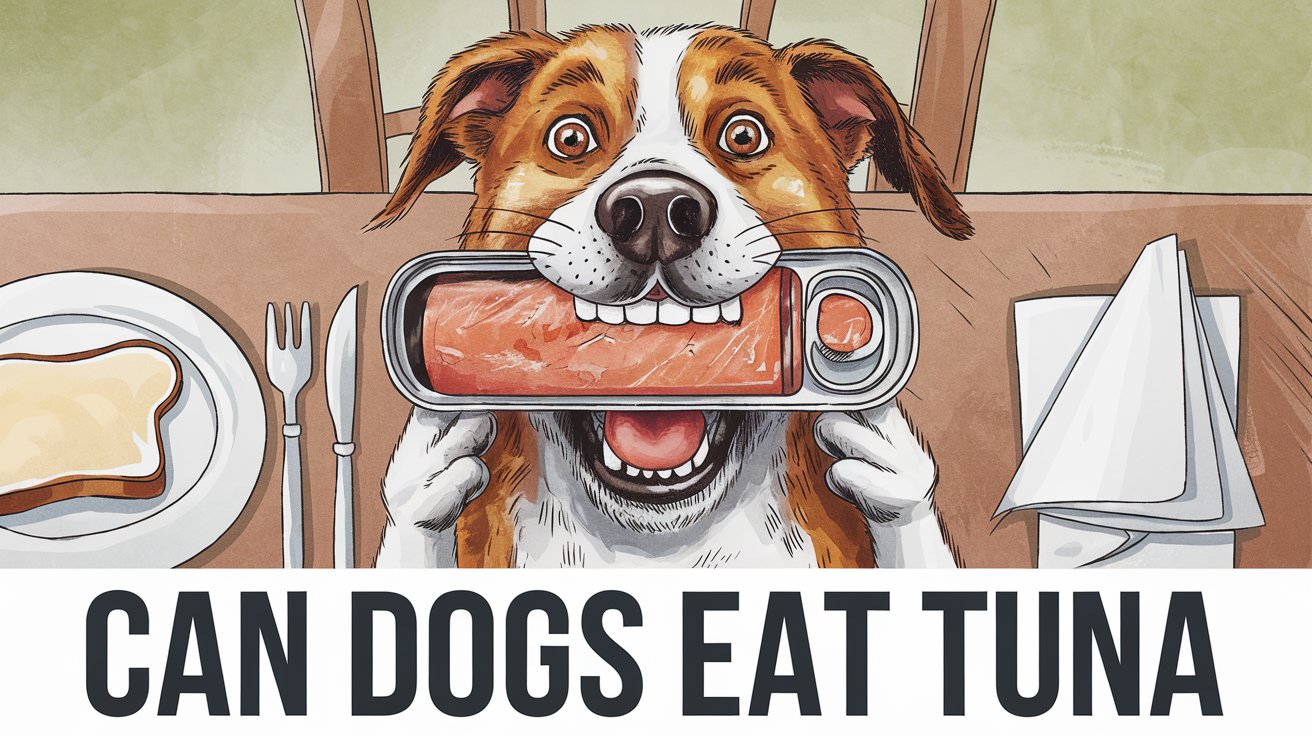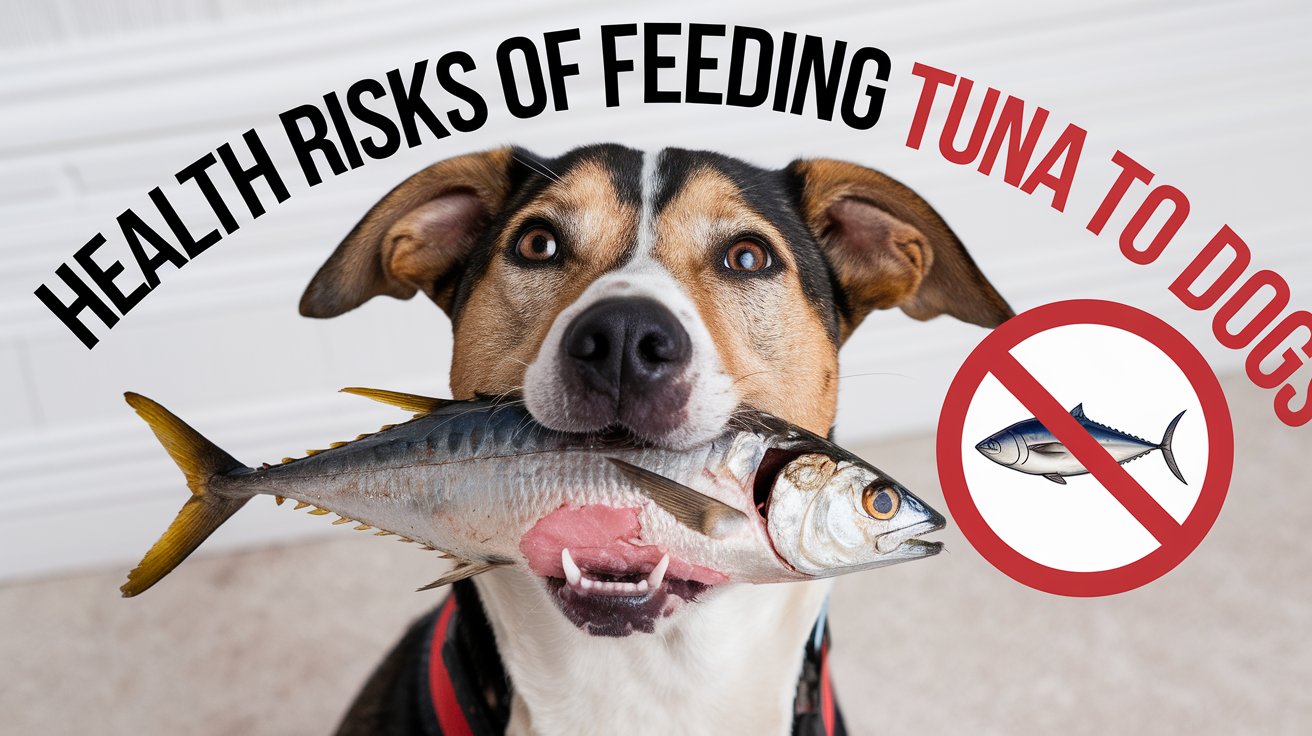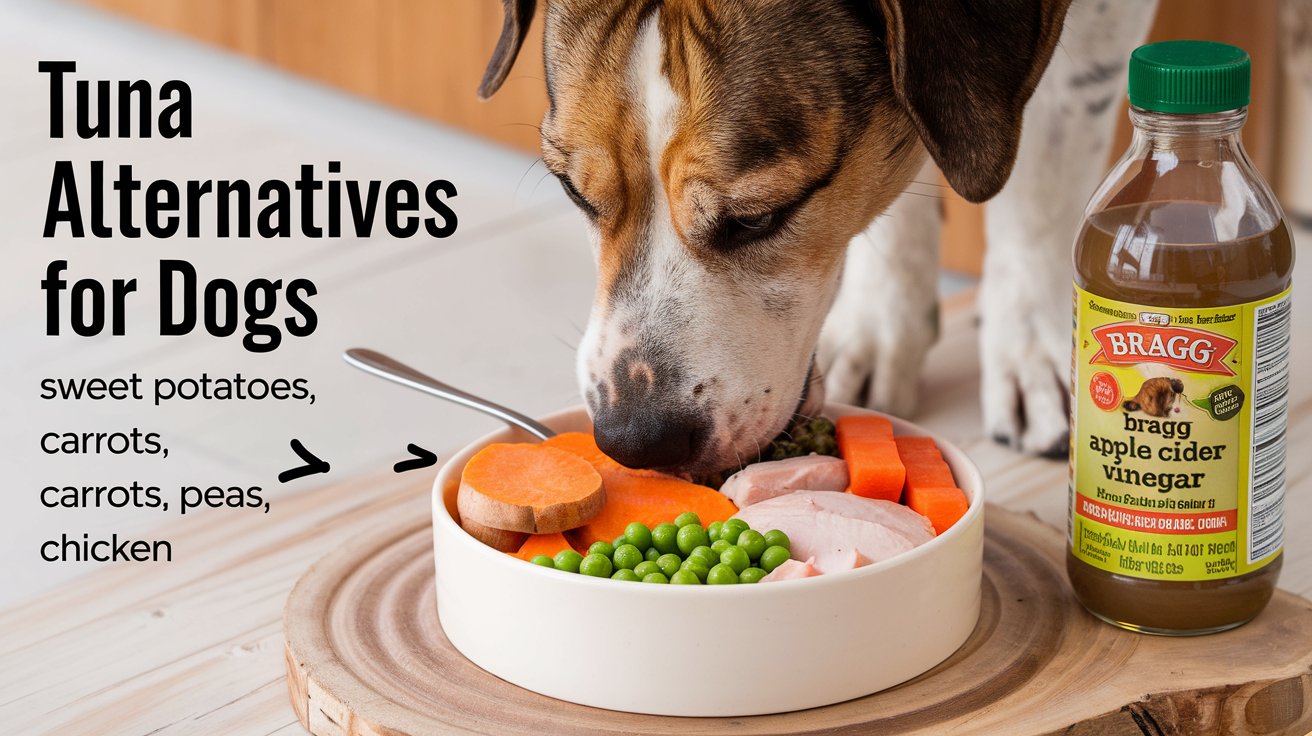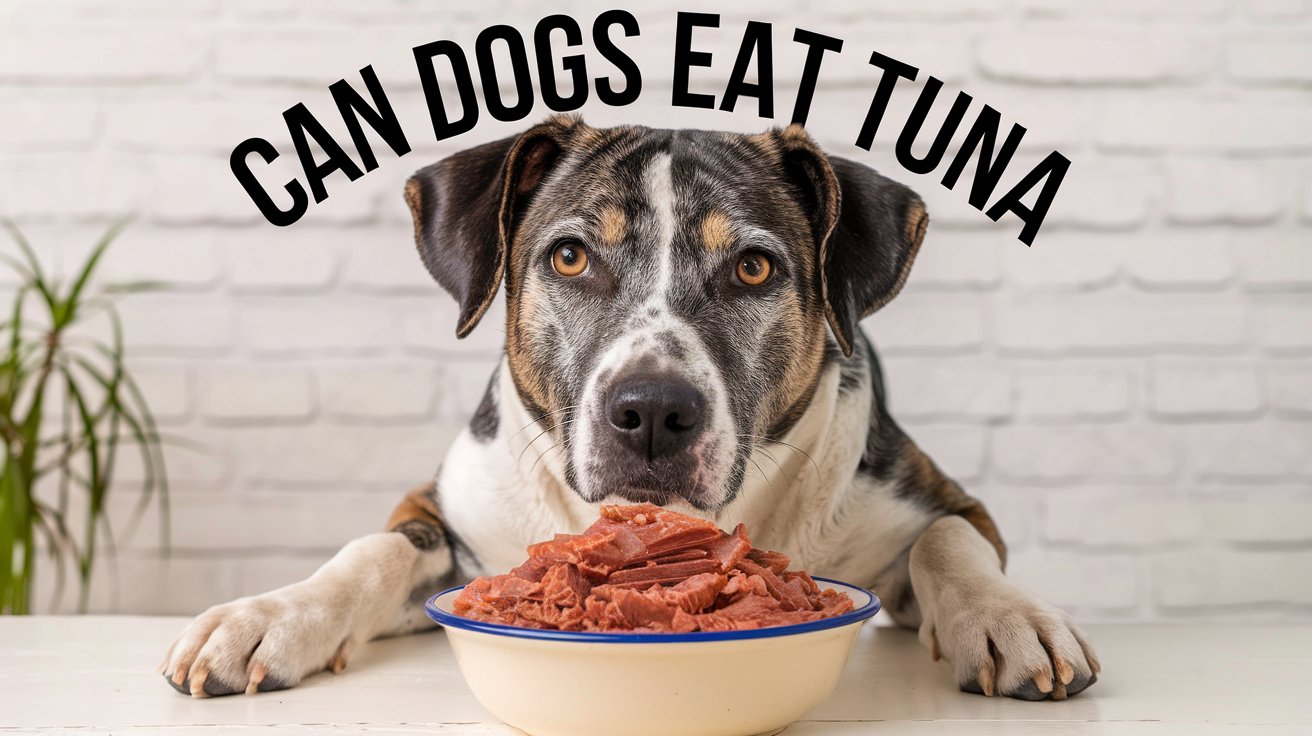
Can Dogs Eat Tuna?
Yes, dogs can eat tuna, but it should be given in moderation and occasionally. Tuna is a saltwater fish that provides a good source of protein, omega-3 fatty acids, and various vitamins and minerals, which can benefit your dog’s health. However, there are important considerations to consider before offering it to your dog.
Understanding Tuna in a Dog’s Diet
The Nutritional Benefits of Tuna
Tuna is rich in protein, which is essential for building and maintaining muscle in dogs. It also contains omega-3 fatty acids, which promote healthy skin and coats and may reduce inflammation. These nutrients make tuna seem like a good choice for a dog’s diet.
Is Tuna Safe for Dogs?
While tuna can offer nutritional benefits, it’s important to remember that not all foods that are good for humans are good for dogs. Tuna can be safe in small, controlled amounts, but there are potential risks that come with feeding this fish to your dog, especially in large quantities.
Types of Tuna Dogs Can Eat
Fresh Tuna vs. Canned Tuna
Fresh tuna, when properly cooked and free from additives or seasonings, can be a better option for dogs compared to canned tuna. Canned tuna, especially if packed in water, is more convenient, but it can still pose some risks due to added salt or preservatives.
What About Tuna in Oil?
Many canned tunas are packed in oil, which can be too fatty for your dog. Excessive fat intake can lead to digestive issues like pancreatitis. If you opt for canned tuna, choose those packed in water rather than oil to reduce fat content.

Health Risks of Feeding Tuna to Dogs
Mercury Poisoning in Tuna
Tuna is a large, predatory fish that can accumulate high levels of mercury. Consuming tuna frequently increases the risk of mercury poisoning in dogs, which can lead to symptoms like lethargy, loss of coordination, and neurological issues.
Risk of Allergies
Some dogs may develop an allergy to tuna or other fish. If your dog has never eaten fish before, introduce it slowly and watch for signs of an allergic reaction, such as itching, swelling, or gastrointestinal upset.
How Often Can Dogs Eat Tuna?
Recommended Portions
A small amount of tuna, served occasionally as a treat, is generally safe for most dogs. Portion size should be based on your dog’s size. For smaller dogs, even a few bites may be enough, while larger dogs might tolerate a bit more.
Frequency of Feeding Tuna
Because of the risk of mercury poisoning, tuna should not be a daily part of your dog’s diet. A small serving once a week, or even less frequently, is a safer approach to feeding tuna to your dog.
How to Serve Tuna to Your Dog
Cooking Methods for Tuna
If you choose to feed your dog fresh tuna, ensure it is thoroughly cooked without any added seasonings, salt, or oils. Raw tuna can carry parasites, and heavily seasoned fish may upset your dog’s stomach.
Tuna as a Treat vs. Main Meal
Tuna should only be a treat or supplement to your dog’s regular diet and not a main meal. A balanced dog food diet provides all the necessary nutrients your dog needs, and adding too much tuna could unbalance that nutrition.

Tuna Alternatives for Dogs
Other Fish Safe for Dogs
There are many other fish that are safer for dogs than tuna. Salmon, sardines, and mackerel are all great choices that are lower in mercury and high in omega-3 fatty acids, offering many of the same benefits as tuna without the risks.
Balancing Protein Sources in a Dog’s Diet
Fish is a great source of protein, but it’s important to offer your dog a variety of proteins, such as chicken, beef, and lamb, in addition to fish. This variety ensures that your dog gets a well-rounded diet.
What to Do If Your Dog Ate Too Much Tuna
Signs of Mercury Poisoning
If your dog ate a large amount of tuna, it’s important to monitor them for signs of mercury poisoning. These signs include vomiting, diarrhea, coordination problems, or excessive drooling.
When to Call the Vet
If you suspect that your dog has consumed too much tuna or is showing symptoms of mercury poisoning, it’s always best to err on the side of caution and call your vet for advice. Acting early can stop bigger health problems from happening.
Benefits of Occasional Tuna for Dogs
Omega-3 Fatty Acids
One of the major benefits of tuna is the high level of omega-3 fatty acids. These healthy fats can improve your dog’s skin, coat, and joint health. Omega-3s are also recognized for their ability to reduce inflammation.
Protein Boost
Tuna is packed with lean protein, which is great for maintaining muscle mass and overall health in dogs. Adding tuna as a treat can give your dog an extra protein boost, but it should always be in moderation.

Conclusion: Can Dogs Eat Tuna?
While tuna can be a healthy treat for dogs when given occasionally and in small amounts, it comes with risks such as mercury poisoning and allergies. For those reasons, it’s important to offer tuna sparingly and consider safer fish options like salmon or sardines.
Frequently Asked Questions
- Can a dog eat canned tuna?
Yes, dogs can eat canned tuna in moderation, but it should be packed in water and free from added salt or seasonings. - Can tuna upset a dog’s stomach?
Yes, tuna can upset a dog’s stomach, especially if it’s given in large quantities or if the dog is not used to eating fish. - Can dogs eat tuna with mayonnaise?
No, it’s best to avoid feeding dogs tuna with mayonnaise as it contains unhealthy fats and ingredients that may upset their digestive system. - Can dogs eat tuna in Springwater?
Yes, dogs can eat tuna in springwater, but it should be given in moderation and without added salt or flavorings. - What can I mix tuna with for my dog?
You can mix tuna with plain rice, vegetables like carrots or green beans, or their regular dog food for a healthy meal.
Can Dogs Eat Olives?

I’m Haseem Ali, a passionate writer focused on dog diet, health, training, lifestyle, and care. I’m dedicated to sharing expert advice and practical tips to help fellow dog owners provide the best for their furry friends. When I’m not writing, I enjoy spending time with my own dogs and exploring new pet-friendly activities.
